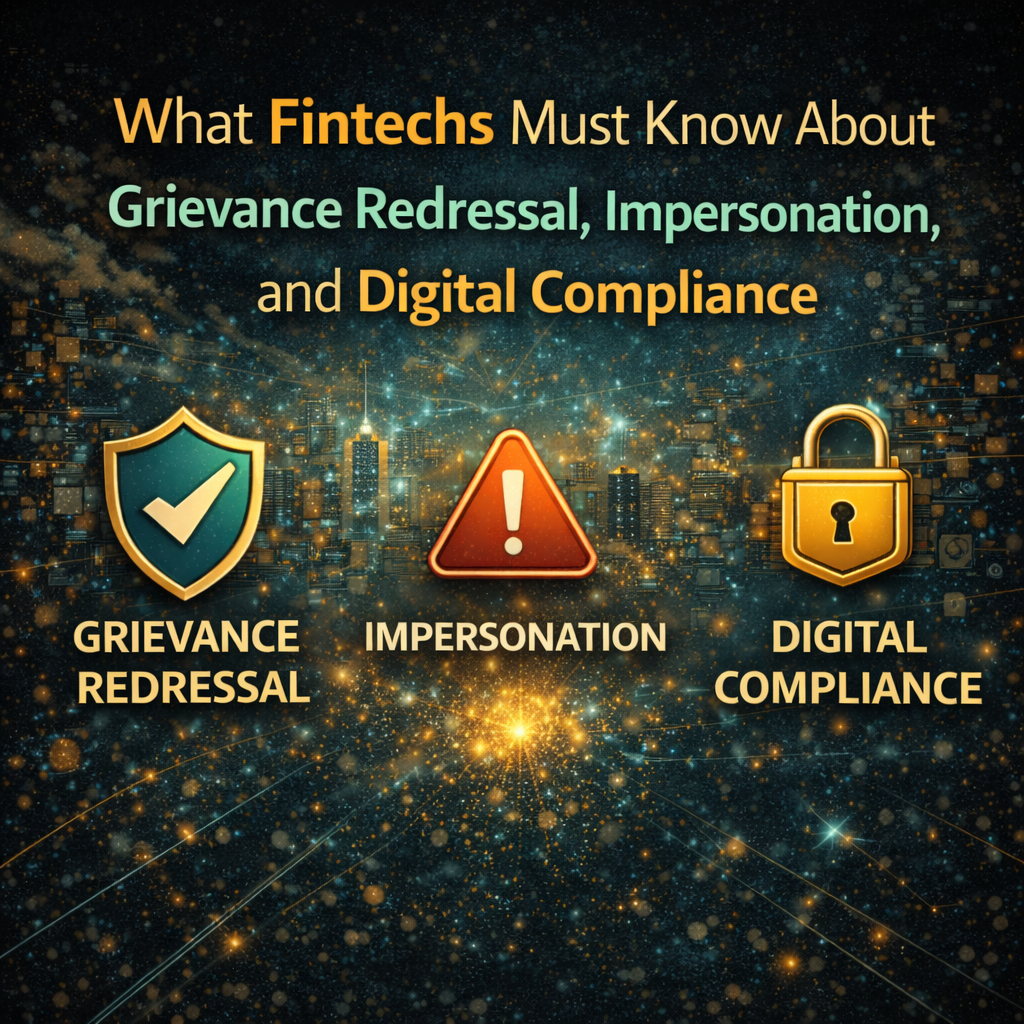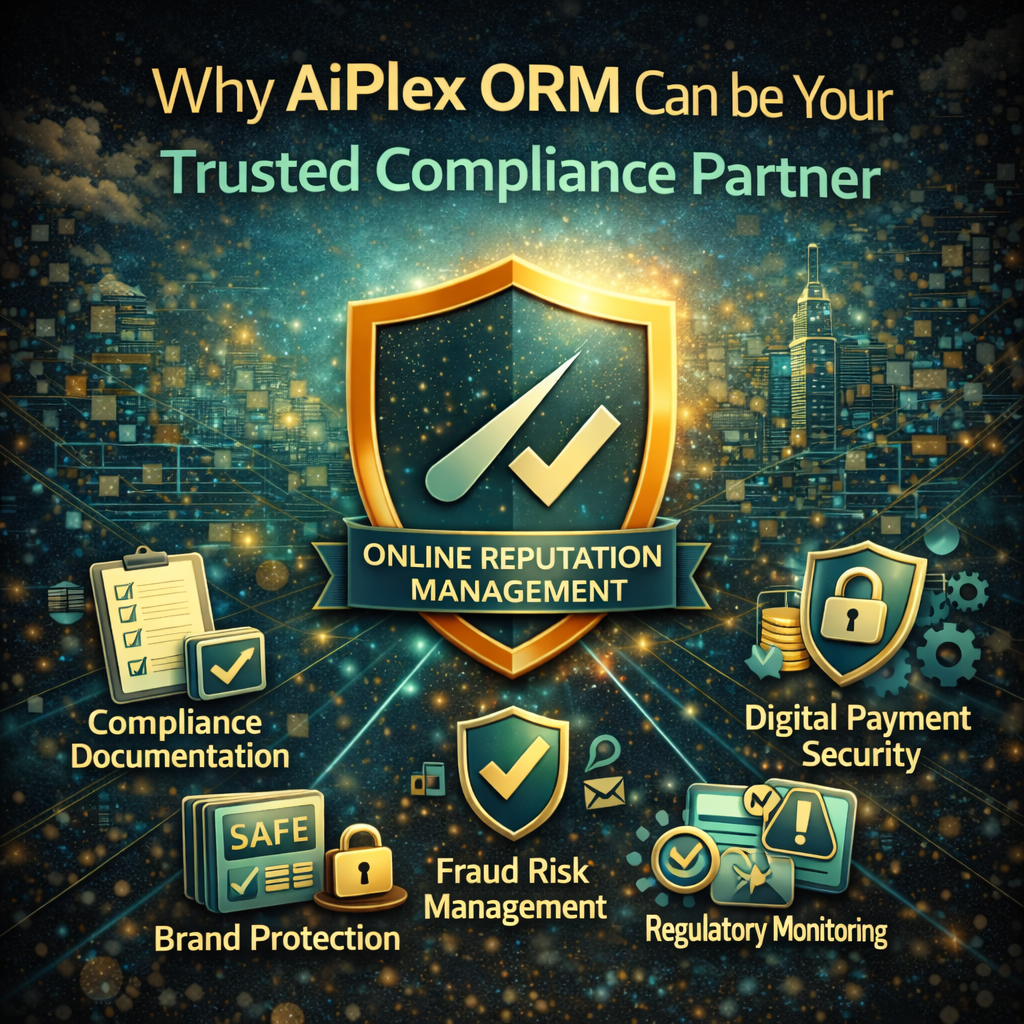Introduction
In a digital environment where conversations move faster than official announcements, brands are often discussed long before they are informed. Customers share experiences, employees voice opinions, competitors provoke comparisons, and communities react emotionally in real time across social platforms, forums, and comment sections. These conversations collectively shape perception and can quickly evolve into reputation risks if left unnoticed. This is why Social Listening Services have become essential for businesses that want early visibility into brand-related risks, sentiment shifts, and emerging issues. Social listening is no longer just a marketing tool; it is a critical intelligence function that helps brands anticipate problems before they escalate.
This information-based guide explains social listening services through the lens of brand risk intelligence. Rather than focusing on campaigns or engagement alone, this blog explores how social listening helps brands identify risks, detect early warning signals, and make informed decisions. You will learn what social listening services really involve, what businesses must understand before implementing them, and how structured listening transforms raw conversations into actionable risk intelligence. By the end, you will see why social listening is a foundational capability for modern reputation protection and long-term brand resilience.
Things to Know Before Using Social Listening Services
What Social Listening Actually Means
Social listening is the process of monitoring, analyzing, and interpreting conversations happening across social media platforms, forums, blogs, review sites, and digital communities. Unlike basic social media monitoring, which tracks direct mentions or tags, social listening captures broader conversations—even when your brand is not explicitly tagged.
Social listening services go deeper by identifying sentiment, themes, emotions, and trends behind these conversations. This allows brands to understand not just what is being said, but why it is being said and how it may impact perception. Understanding this distinction is essential, as many businesses underestimate social listening by confusing it with simple notification tracking.
Social Listening Is About Intelligence, Not Noise
One of the biggest misconceptions about social listening is that it generates too much data to be useful. In reality, professional social listening services filter noise and surface only meaningful insights. The value lies in interpretation, not volume.
Brand risk intelligence depends on identifying patterns, anomalies, and signals that indicate potential issues. Social listening services categorize conversations, assess emotional intensity, and flag risks based on relevance and reach. Understanding that social listening is about intelligence—not just data—helps businesses use it strategically rather than reactively.
Not All Risks Come From Direct Mentions
Many brand risks emerge indirectly. Customers may complain without tagging a brand, communities may discuss issues generically, or influencers may reference experiences without explicit mentions. These indirect conversations often carry more credibility than direct complaints.
Social listening services capture these indirect signals by tracking keywords, industry terms, competitor mentions, and contextual language. Businesses must understand that relying only on tagged mentions leaves major blind spots. Social listening closes these gaps and provides a more accurate picture of brand-related risk.
Speed Matters in Risk Detection
Digital conversations evolve rapidly. What begins as a single complaint can escalate into a viral narrative within hours. Delayed awareness limits response options and increases damage.
Social listening services provide real-time or near-real-time alerts, allowing brands to act while conversations are still forming. Understanding the time-sensitive nature of brand risk highlights why periodic manual checks are no longer sufficient.
Social Listening Is Ongoing, Not Campaign-Based
Many brands approach social listening only during campaigns or launches. However, brand risk does not follow campaign schedules. Issues can arise at any time due to service changes, external events, or public sentiment shifts.
Social listening services operate continuously, providing consistent visibility into evolving conversations. Businesses must understand that risk intelligence requires ongoing listening, not temporary monitoring.
How Social Listening Supports Brand Risk Intelligence
Early Detection of Reputation Threats
One of the most valuable aspects of social listening is early threat detection. Before issues appear in reviews or media coverage, they often surface in informal online discussions.
Social listening services identify spikes in negative sentiment, recurring complaints, or unusual conversation patterns. These early signals allow brands to investigate root causes and intervene before risks escalate into full-scale reputation damage.
Understanding Emotional Drivers Behind Risk
Brand risk is rarely just about facts; it is driven by emotion. Frustration, anger, disappointment, and distrust spread faster than neutral commentary.
Social listening services analyze emotional tone, helping brands understand how strongly audiences feel about an issue. This insight is critical for choosing appropriate responses. A highly emotional issue requires a different approach than a neutral inquiry. Emotional intelligence is a core component of effective brand risk management.
Identifying Platform-Specific Risks
Different platforms amplify risk in different ways. A complaint on a niche forum may influence industry insiders, while a viral post on a mainstream platform may reach mass audiences.
Social listening services break down conversations by platform, allowing brands to assess where risk is concentrated. This platform-level insight helps prioritize responses and allocate resources effectively.
Tracking Misinformation and Narrative Shifts
Brand risks often arise from misinformation or partial truths that spread quickly. Social listening helps identify inaccurate narratives early, before they become accepted as fact.
By tracking how stories evolve and spread, brands can correct misinformation proactively. Narrative intelligence is a key advantage of social listening, especially in highly competitive or sensitive industries.
Monitoring Competitor and Industry Risk Signals
Brand risk does not exist in isolation. Issues affecting competitors or the broader industry can spill over and impact perception.
Social listening services monitor competitor mentions and industry discussions, providing context for potential risks. This allows brands to prepare for indirect impacts and adjust messaging proactively.
Core Components of Social Listening Services
Keyword and Topic Intelligence
Social listening services track brand names, product names, executive mentions, campaign terms, and industry keywords. This ensures broad coverage of relevant conversations.
Advanced services also track evolving topics, allowing brands to detect new risk themes as they emerge rather than relying on static keyword lists.
Sentiment and Emotion Analysis
Sentiment analysis categorizes conversations as positive, neutral, or negative, while emotion analysis identifies intensity and tone.
These insights help brands prioritize risks based on potential impact rather than raw volume. High-intensity negative sentiment often signals urgent attention.
Trend and Pattern Recognition
Isolated comments may not represent risk, but patterns do. Social listening services identify recurring themes and trends across conversations.
Trend analysis helps brands distinguish between one-off complaints and systemic issues that require strategic action.
Influencer and Amplifier Identification
Some voices carry more influence than others. Social listening services identify who is driving conversations and how much reach they have.
Understanding who amplifies risk allows brands to engage strategically and manage narratives more effectively.
Reporting and Risk Dashboards
Professional social listening services provide structured reports and dashboards that summarize insights clearly.
These reports translate conversations into actionable intelligence for leadership, communications, legal, and operations teams.
Types of Brand Risks Identified Through Social Listening
Service and Experience Risks
Repeated complaints about service quality, delivery delays, or support issues often surface first on social platforms.
Social listening identifies these issues early, allowing operational teams to address root causes before reputation suffers.
Product and Safety Concerns
Product defects, usability issues, or safety concerns can quickly escalate if ignored.
Social listening helps brands detect these conversations early and coordinate appropriate responses.
Employee and Workplace Risks
Employee reviews, anonymous posts, or whistleblower discussions can signal internal issues that affect employer brand and public trust.
Social listening provides visibility into these conversations, supporting proactive internal action.
Ethical and Social Risks
Brands are increasingly judged on values, ethics, and social responsibility. Public reactions to policies, partnerships, or statements can create significant risk.
Social listening helps brands understand value-driven sentiment shifts and respond thoughtfully.
Crisis and Viral Risk Indicators
Sudden spikes in conversation volume or sentiment often signal emerging crises.
Social listening services act as early warning systems, enabling faster, more controlled responses.
Who Needs Social Listening Services Most
Growing and Visible Brands
As visibility increases, so does scrutiny. Social listening helps growing brands manage risk at scale.
Consumer-Facing Businesses
Brands with direct customer interaction face higher volumes of public feedback.
Social listening provides critical insight into customer sentiment and expectations.
Regulated or Sensitive Industries
Healthcare, finance, education, and public services face heightened risk from misinformation and public scrutiny.
Social listening supports compliance-aware reputation management.
Brands Managing Change or Expansion
Rebrands, launches, mergers, or policy changes often trigger public reaction.
Social listening helps track response and mitigate unintended backlash.
How Social Listening Services Integrate With Reputation Strategy
From Insight to Action
Social listening services are most effective when integrated into decision-making processes.
Insights inform communications, operations, customer support, and leadership strategy.
Supporting Crisis Preparedness
Ongoing listening helps brands recognize patterns that precede crises.
This enables preparation rather than reaction.
Strengthening Trust Through Responsiveness
Brands that listen—and respond appropriately—build credibility.
Social listening enables informed, empathetic engagement.
Why Choose AiPlex ORM for Social Listening Services
AiPlex ORM delivers social listening services designed specifically for brand risk intelligence, not just engagement metrics. Their approach combines advanced listening technology with expert human analysis to identify early risk signals, sentiment shifts, and emerging narratives across platforms.
AiPlex ORM translates complex social data into clear, prioritized insights aligned with business and reputation goals. Their team helps brands understand what matters, why it matters, and how to respond effectively. By integrating social listening into broader reputation management, AiPlex ORM ensures that listening leads to protection, preparedness, and strategic clarity.
For brands seeking proactive risk awareness and long-term reputation resilience, AiPlex ORM provides a trusted, intelligence-driven social listening solution.
Conclusion
Social listening services have evolved into a critical source of brand risk intelligence. In a digital world where perception forms in real time, brands cannot afford to learn about risks after damage is done. Social listening provides early visibility into conversations, emotions, and narratives that shape trust and credibility.
By understanding how social listening works and integrating it into reputation strategy, businesses gain the ability to anticipate issues, respond intelligently, and protect long-term brand value. Partnering with experts like AiPlex ORM ensures that social listening is not just observation, but a strategic defense system for modern brand risk management. In an environment where silence is risk, listening is power










